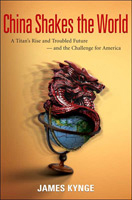
Marketers using new media: Brands can be defined by the interactive experience
With consumers increasingly comfortable with interactive technologies such as online social networks, high-speed connections and new media tools, it’s now easier than ever for marketers to connect with their customers. It is also easier than ever for consumers to ignore brand messages. But while consumers may be fed up with one-way messages and annoying interruptions, they are willing to be entertained and engaged, and may choose to participate in an experience that communicates the brand’s message. This new approach to marketing was the subject of a presentation at the recent American Marketing Association Consortium, hosted by the W. P. Carey School of Business.






